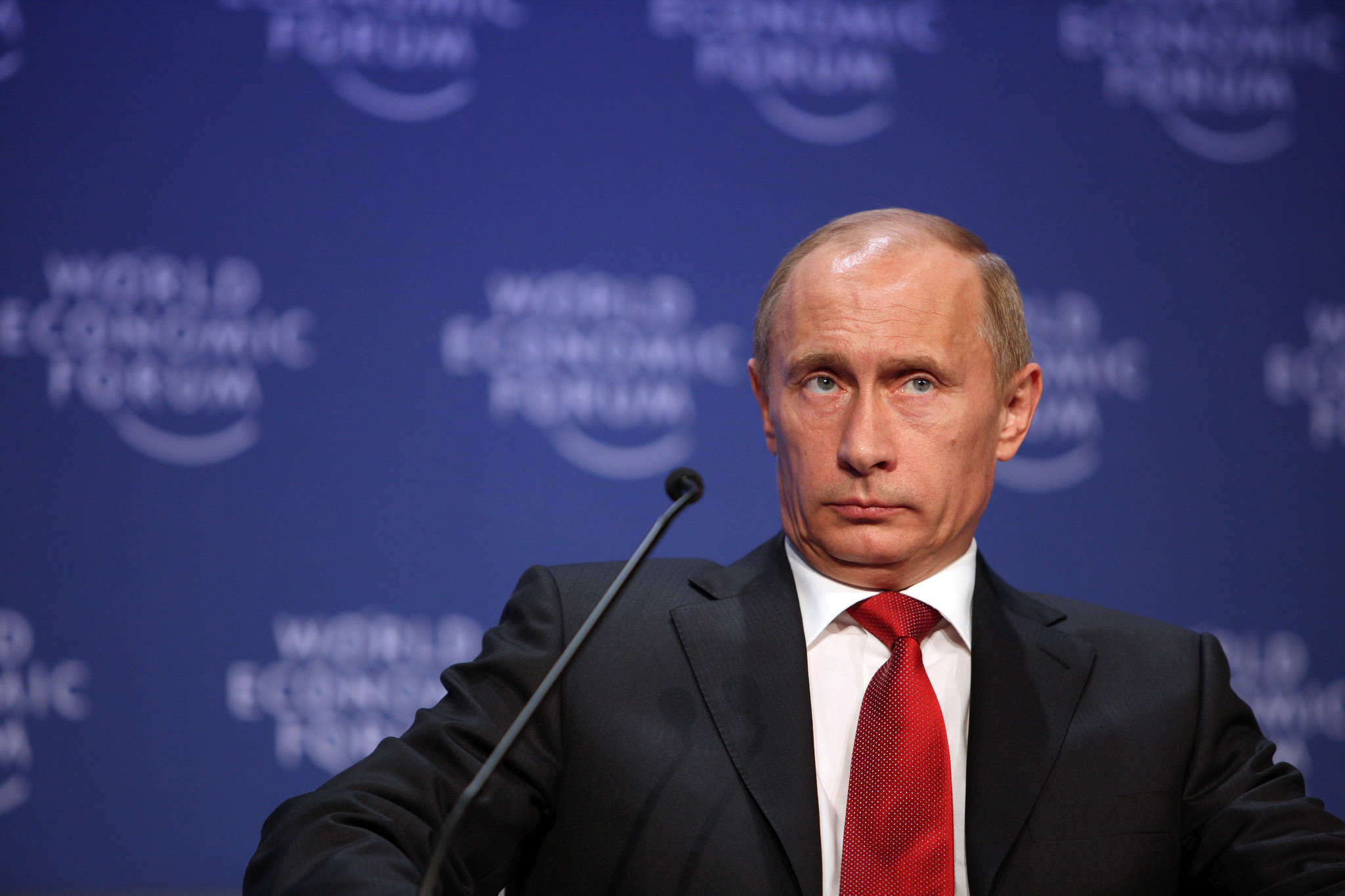Ending Ukraine’s Tragedy
While Russian President Vladimir Putin is solely responsible for the war in Ukraine, all parties must be realistic about what an achievable endgame could look like. If the path of negotiation is open, a peace settlement should balance several imperatives.
March 14, 2022 | Mark Medish | Project Syndicate
WASHINGTON, DC – A new Guernica is being painted before our eyes – and this bloody canvas is the handiwork of Russian President Vladimir Putin, who is determined to reduce Ukraine to rubble. The barbaric Russian invasion has violently betrayed the civilizational values Putin claimed to espouse in his tendentious lectures on the supposed age-old unity of Russians, Ukrainians, and Belarusians. …
While Russian President Vladimir Putin is solely responsible for the war in Ukraine, all parties must be realistic about what an achievable endgame could look like. If the path of negotiation is open, a peace settlement should balance several imperatives.
By Mark Medish
Former NSC Senior Director for Russian, Ukrainian and Eurasian Affairs in the Clinton Administration
WASHINGTON, DC – A new Guernica is being painted before our eyes – and this bloody canvas is the handiwork of Russian President Vladimir Putin, who is determined to reduce Ukraine to rubble. The barbaric Russian invasion has violently betrayed the civilizational values Putin claimed to espouse in his tendentious lectures on the supposed age-old unity of Russians, Ukrainians, and Belarusians.
Putin’s actions recall the worst plunderers in world history and shame the “Russian Idea” he professes to uphold. The ancient Ukrainian city of Kyiv – like Jerusalem – is a sacred multicultural site that must be protected, not desecrated, by anyone who truly cares about Orthodoxy or about what is great and beautiful in human civilization.
I have been skeptical of NATO’s continued enlargement. But Putin’s unprovoked war of aggression against a country that has done nothing to threaten Russia’s security is utterly unjustified, and grotesquely out of proportion to any possible Russian grievance about being excluded from Western clubs.
Moreover, Putin’s masquerade of an “anti-Nazi” campaign against Ukraine evokes the darkest Orwellian allegory. In Ukraine, Russian troops are encountering innocent citizens who, like themselves, would defend their homes and homeland from foreign attack. Putin’s recent raging TV performances have crossed new frontiers of recklessness and paranoia, but the destructive impulse they reflect is not new. “Sing, O goddess, of the wrath of Achilles,” begins Homer’s Iliad. In the twentieth century, Sigmund Freud called our penchant for war, destruction, and self-destruction the Thanatos impulse, or death instinct.
But Putin is also a man of cold calculation – or, as US President Joe Biden has said, miscalculation – who has long sought to overturn the US-led global order. He shares this goal with other authoritarian leaders, including in China, who have bridled under America’s moral tutelage, alleged double standards, and financial sanctions.
Some of these rulers saw their chance when the US suffered the chaos of Donald Trump’s presidency and the half-baked coup aimed at keeping him in power, while Europe had to deal with Brexit and authoritarian-leaning governments in Hungary and Poland. These developments, together with America’s unruly and disastrous exit from Afghanistan, bolstered Putin’s belief in Western decline, and help explain why he decided to invade Ukraine now.
Putin struck with unfettered violence with the aim of demoralizing the Ukrainian side. To his dismay, his tactics have achieved the opposite result, by making it clear to virtually all that a Ukrainian nation – in all its linguistic, religious, and ethnic diversity – does exist and is determined to fight for its survival. Putin, who fancies himself a discerning student of history, has failed to learn from the experience of Russian rulers before him who waged disastrous wars with the Ottoman Empire, Britain, and France in Crimea, and later with Japan in the Far East.
Whether Russia can pull back from the abyss will depend largely on Putin’s decisions in the coming days. Ukrainian President Volodymyr Zelensky has proposed direct talks, and several key foreign leaders have offered to mediate. Diplomacy must be given every chance to prevent escalation and reach a peace settlement, and countries such as Turkey and Israel that have generally maintained productive relations with both Moscow and Kyiv are positioned to play the role of “honest broker.” After all, Putin knows that sanctions are devastating Russia’s economy, and that his recently announced anti-US strategic partnership with China is a faithless and shaky marriage of convenience. The Kremlin may lie to the Russian people, but China and others know the truth and tend to see Russia as a retrograde power in Eurasia. And soon thousands of Russian mothers will find out that their sons were in Ukraine and are never coming home.
If Putin’s survival instinct can overcome his savage rage, he will seek to avoid escalating the conflict or attempting to occupy a deeply defiant Ukraine with a puppet regime. And if the path of negotiation is open, subject to a complete ceasefire and withdrawal of invading forces, then a peace settlement should balance several imperatives. First, Ukraine must survive as an independent country, and its path to European Union membership should be accelerated. A time-bound term of neutrality for Ukraine – and an indefinite voluntary suspension of its NATO membership bid – would be a price worth paying for stabilization. In addition, the status of Crimea, which Russia annexed in 2014, could be negotiable. And a new Minsk agreement for federated autonomy for the Donetsk and Luhansk regions in eastern Ukraine should be on the table.
In designing Russia’s eventual exit from sanctions, it is essential to separate the treatment of the Russian people from the fate of Putin’s regime. Frozen sovereign assets should be kept for the future rather than forfeited, thereby retaining leverage and abiding by international law. Related to this, reconstruction in Ukraine will require massive collective international donor efforts, including on Russia’s part. It would therefore be wise to avoid repeating the error of the Treaty of Versailles after World War I, which imposed long-term punitive reparations obligations on Germany. Putin has ignored history; we should not make the same mistake.
Reaching such a settlement will not be easy. Many of the terms will be deeply distasteful given the human suffering and physical destruction Russia is inflicting on Ukraine. In the interests of peace and sovereignty, Ukraine would have to agree to them.
While Putin alone has caused Ukraine’s tragedy, all parties must be realistic about what a viable endgame could look like. No country could have a rational interest in an escalating or wider conflict that risks triggering World War III. Ending the current war is a first step to relighting the lamp of civilization.


